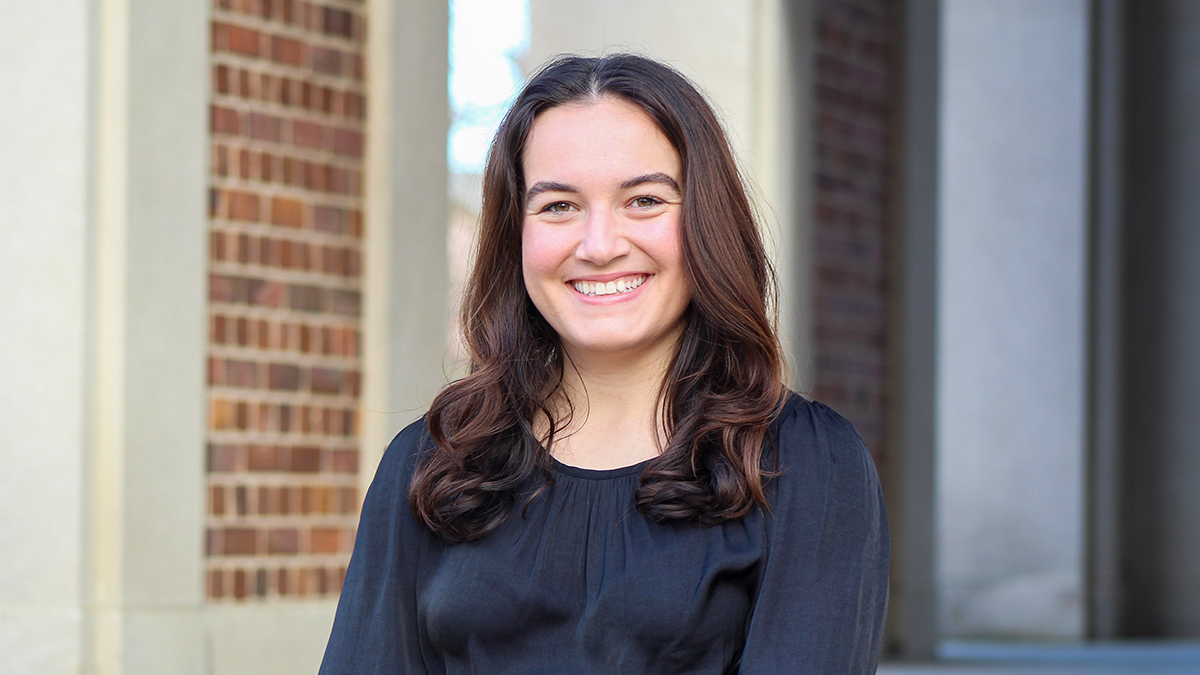UNC-Chapel Hill hosts third annual Europe Week
The celebration includes a language lunch, film screenings, a keynote lecture and a reception to celebrate connections with Europe at Carolina.
The Center for European Studies will host the University of North Carolina at Chapel Hill’s third annual Europe Week April 8-13, 2018.
Campus-wide and open to the public, Europe Week includes a language lunch, film screenings, a keynote lecture, a happy hour and a reception to celebrate connections with Europe at Carolina. All events are free, but the language lunch and happy hour require an RSVP.
“Europe Week is an inclusive series of events intended to bring together members of our community in North Carolina to explore current politics and culture in Europe,” says Noel Bynum, international education program coordinator for the Center for European Studies. “We hope the events increase our community’s access to knowledge on Europe and its relationship with North Carolina.”
The events present a unique blend of culture and politics. Short films on social justice in the European Union complement a longer documentary on the EU’s daily operations post-Brexit. Attendees of the Languages Lunch will discuss environmental sustainability in Europe, while the happy hour at the Ackland Art Museum focuses on European paintings. The keynote lecture by Free University Berlin professor Ingo Peters zeroes in on EU-U.S. trade and cooperation.
The closing reception celebrates the EU through student-produced images, music and stories. It features a performance by UNC-Chapel Hill music majors as well as the winners of the Europe Today Essay and Photo Contests.
For more details and the complete list of events, visit the Center for European Studies website.
Europe Week is sponsored by the Center for European Studies, the Contemporary European Studies (EURO) Major and the TransAtlantic Masters Program. It is made possible by a “Getting to Know Europe” grant from the Delegation of the European Union to the United States.
Additional support is provided by the College of Arts and Sciences, Department of Germanic and Slavic Languages and Literatures, Department of Romance Studies, Department of Music, Center for Slavic, Eurasian and East European Studies, Carolina Public Humanities, European Horizons at Carolina and UNC Global.




